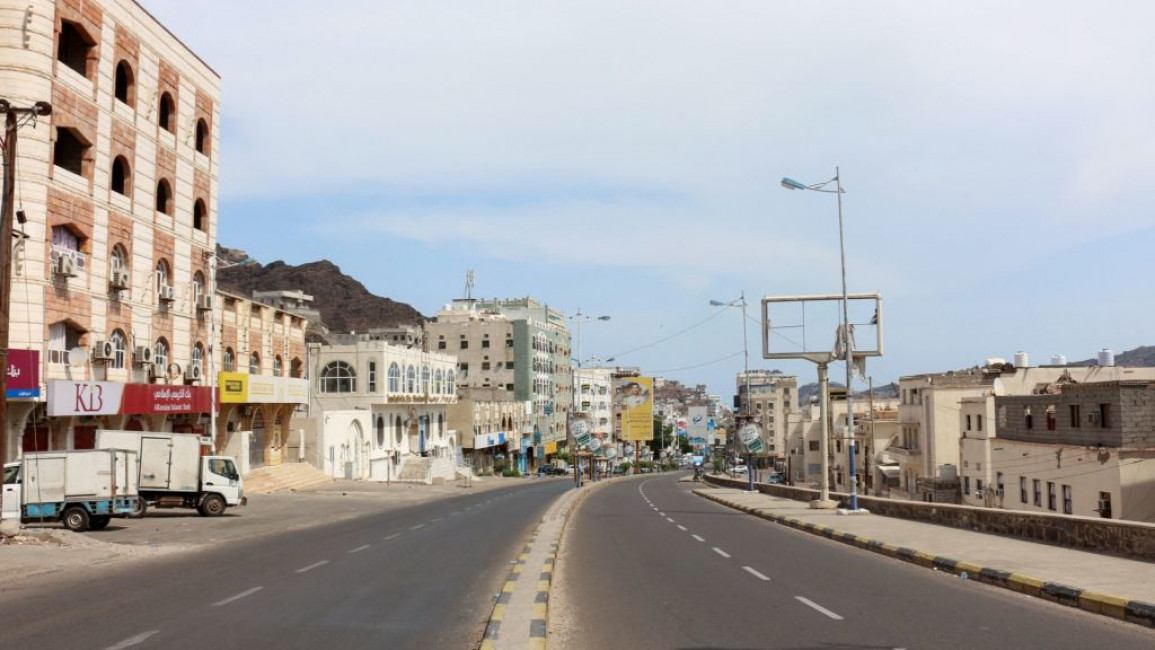UN must consider all parties in Yemen peace discussions, southern separatists say
Discussions to put a stop to Yemen's war must include groups beyond the Houthi rebels and internationally supported government, a senior official with a regional separatist group has said.
Mohammed Al-Ghaithi, Southern Transitional Council (STC) foreign relations chief, told The Guardian in an article published on Thursday that the United Nations should acknowledge that resolutions previously passed by the Security Council are no longer fit for purpose and are impeding its work.
He argues that there are many more parties at play in the Yemen war than the government and rebels and that they should also have a say in peace talks.
"It is crucial that the negotiations need to reflect the realities on the ground. Without southern representation there can be no practical peace plan in Yemen," he argued.
"The problem with UN resolution 2216 is that it presumes there are only two warring parties on the ground when the reality is otherwise.
"When the UN is seriously thinking about ceasefire, safe passage of humanitarian workers and the country's economic future, it is imperative that it takes into consideration all the parties on the ground and amongst them is the STC."
The group also expressed its openness to holding a binding vote on the future of southern Yemen.
The work of the UN's present Yemen special envoy, Hans Grundberg, hinges on a 2015 resolution which centres on the Houthis and the Hadi government, who are currently locked in a bloody battle for the key northern city of Marib.
Analysts say Yemen's war is no longer a fight between just these competing powers, and now has multiple parties participating, meaning reaching a settlement is more difficult.
Grundberg recently visited Aden during his first trip to the country, which ended on Wednesday.
The envoy included Aidarous Al-Zubaidi, the STC's head, and Prime Minister Maeen Abdulmalik Saeed.
"Yemen has a rich history of political and social diversity. A durable solution is one that reflects the interests of diverse and broad segments of Yemeni society," the UN representative noted.
A Saudi-facilitated 2019 deal should have seen the STC come together with the internationally-backed government as part of a southern Yemen combined authority.
Analysis: The latest intensification of fighting in Marib has shown the Houthi's continued doggedness and reluctance to compromise - Michael Horton analyses Yemen https://t.co/HLFoMnVKXv
— The New Arab (@The_NewArab) October 6, 2021
They were to merge their troops in together and compose a collective operation for discussions with the Houthi rebels, though most of the deal's terms have not been implemented.
The Houthis are advancing in areas in the south, threatening access to Marib city, the government's sole remaining northern bastion, the STC cautioned.
The STC's foreign chief suggested a Houthi victory has implications for the United States' "energy interests".
The Gulf and Saudi Arabia are also under threat, Al-Ghaithi added, claiming the rebels will push on to Mecca, the holiest city in Islam, if they are able.



